Brain Food…..? What is that?
When I was fifteen, I started getting pimples, but I didn’t really take care of my skin like I should have. Sometimes I’d wash my face a lot for a few days, but then I’d get lazy and sleep with my makeup on. I wanted clear skin, but I didn’t do much about it.
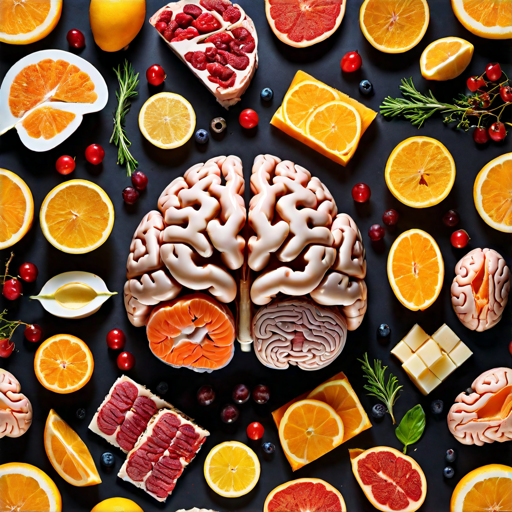
Eventually, I realized that taking care of my skin is important because it helps you look better as you get older. Maybe some of you feel the same way, wanting to care for your skin but not knowing how. So, below, I’ve included some easy-to-understand tips and graphs to help you out.
I’ll share the best tip from each graph, and sometimes I’ll add my own tip too. After reading, let me know in the comments which tip you liked the most!
Table of Contents
Lets Understand What Causes Acne
- Shower Water: Wait, really? Yup, it seems like the metals in the water can make you get pimples, so a simple solution is to use a water filter or wash your skin right after you shower. Easy peasy!
- Applying makeup with dirty brushes
- Exfoliating too frequently
- Not cleaning your cell phone screen often
- Not rinsing completely after washing your face
- Sleeping on a dirty pillow-case
- Working out without cleaning up
- Stressing out
- Drinking tea or coffee too often
- Having a lot of Sugar
What Foods are beneficial for brain
Blueberry
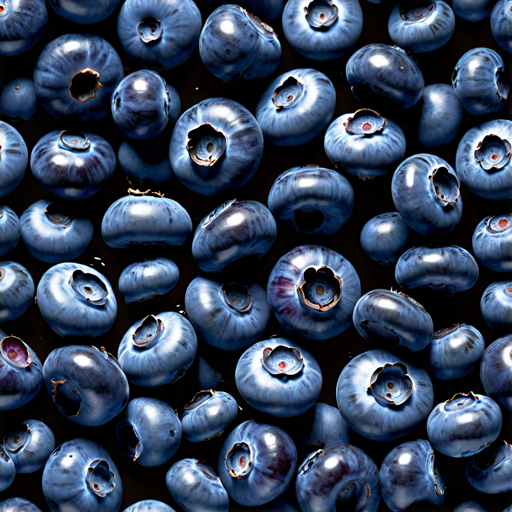
Blueberries boast high levels of antioxidants, crucial for cellular health maintenance. Consistent intake enhances memory and may even counteract the decline in motor function, balance, and coordination associated with aging. Incorporate blueberries into your diet by sprinkling fresh or frozen berries over your oatmeal.
Spinach
Dark green vegetables have been shown to slow development of dementia in women.
Flaxseed
Rich in omega-3 fatty acids, flaxseed is abundant in beneficial fats that support optimal brain functionality.
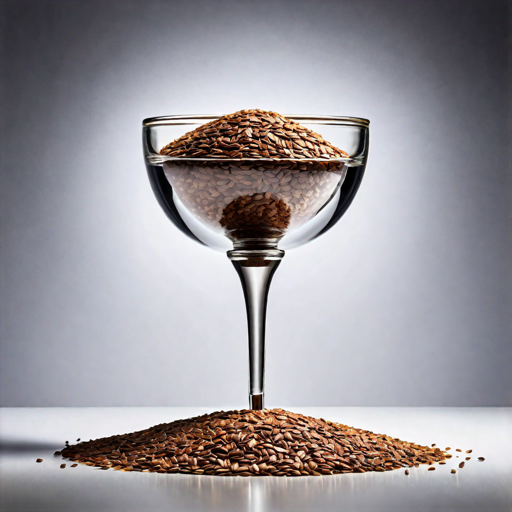
Wild salmon
Wild-caught salmon boasts lower fat content and higher protein levels compared to its farm-raised counterpart. Additionally, it is abundant in omega-3 fatty acids, which promote enhanced cognitive functions such as learning, memory, and overall cognitive well-being, while also facilitating improved blood flow to the brain.
Eggs
Egg yolks contain ample amounts of choline, a nutrient known to enhance memory and reduce fatigue.
Coffee
Enjoying a daily dose of coffee can benefit your brain thanks to its antioxidants and caffeine content. Remember to consume it in moderation and avoid adding sweeteners or fatty additives.
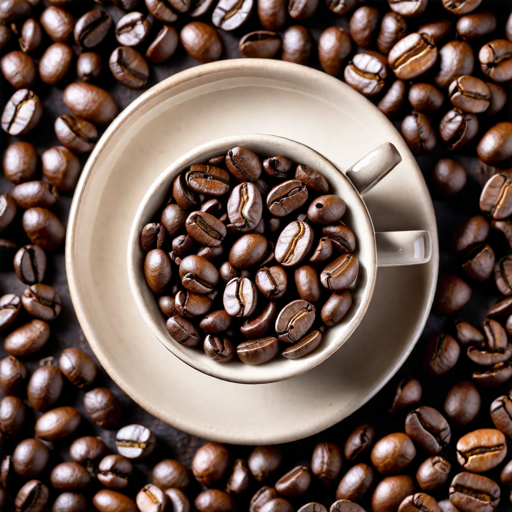
Nuts
Walnuts boast omega-3 fatty acids, known for their health benefits, while almonds are packed with natural mood-boosting neurotransmitters. However, moderation is key; enjoying a handful a day is sufficient for reaping their benefits.
Dark Chocolate
Yes, something so good can really be good for you. In fact, dark chocolate is rich in antioxidants. A daily dose can improve mood, focus and concentration.
Broccoli
Broccoli, rich in vitamin K, has demonstrated benefits in enhancing memory function and decelerating the aging process.
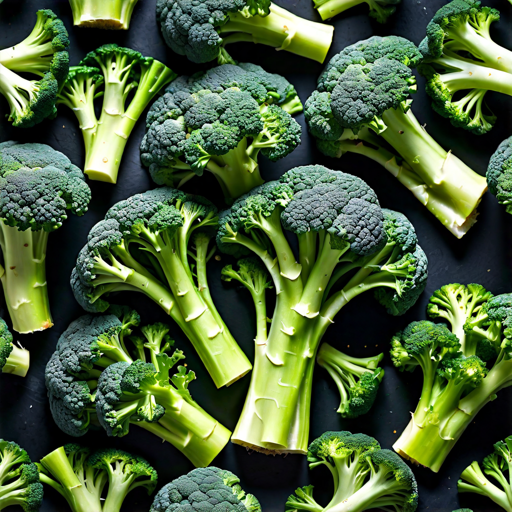
Raspberries
A raspberry stands out as among the berries with the highest antioxidant content. Consuming foods abundant in antioxidants aids in combating cell damage and inflammation.
Avocados
Nearly as good for your brain as blueberries, avocados contain healthy fats that promote blood flow, keeping your mind functioning at its peak. Throw a few slices on your next salad or sandwich.
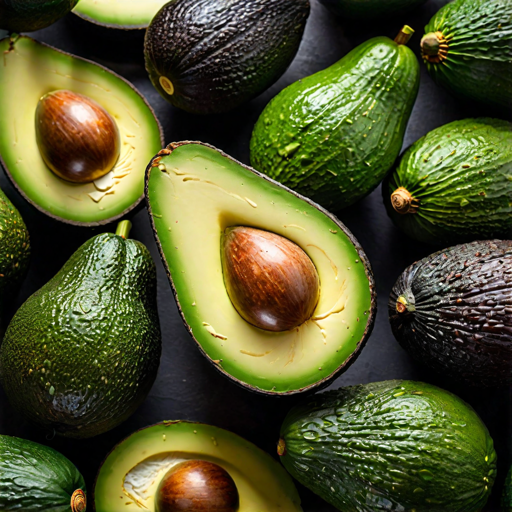
Although maintaining a nutritious, well-rounded diet and steering clear of ultra-processed foods are crucial for promoting optimal brain health, it’s essential to recognize that diet alone cannot entirely thwart the onset of dementia and Alzheimer’s disease. If you or someone you care about is apprehensive about age-related cognitive decline or displays potential symptoms of Alzheimer’s disease, seeking guidance from a primary care provider is imperative.
